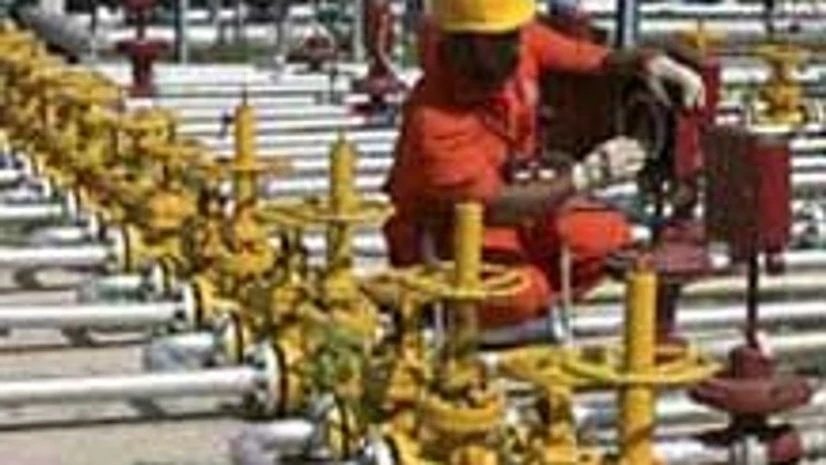India's natural gas production will stagnate at current levels if pricing reforms are not implemented and it will have to import heavily to meet the demand, a report by US-based consultancy IHS has warned.
IHS said low regulated gas prices have precipitated a supply shortfall in India, but proposed that reforms to the pricing formula could yield higher domestic production and boost India's economy.
"At (current gas price of) $4.2 per million British thermal unit and with no reforms enforced, the production will stagnate at 3 billion cubic feet (Bcf) per day and India will need to import around 9.7 bcf per day LNG to meet demand. The unmet demand would imply a significant drag on India's economy," it said.
More From This Section
The previous government had approved a new pricing formula that would have almost doubled rates of all domestically produced natural gas from April 1. However, before a new rate could be unveiled, the general elections were announced and its implementation got deferred. The new NDA government is examining its implementation.
"The long-term distortion of India's gas pricing regime has brought about a major gas supply shortfall, acting as a brake on economic activity. India's gas pricing reforms represent an important policy shift and should stimulate domestic production, soften growth in reliance on expensive LNG and accelerate India's economy," the report said.
The planned increase to the gas prices has a potential to improve India's balance of payments outlook, enhance security of supply and attract investments into the service industry and supply chain, IHS said.
"India's economy is fragile, struggling with low growth and high inflation," said Rajiv Biswas, chief economist, Asia Pacific at IHS. "Unmet gas demand now represents a considerable drag on economy and the cost of maintaining subsidised, low gas prices has become unsustainable."
According to the IHS study titled 'India Gas Pricing: When Reform Becomes Unavoidable', the nation's prior gas-market pricing policies have long distorted its gas supply and demand patterns, weakened investment into domestic gas exploration and accelerated inefficient consumption habits.
All of these factors have contributed to the country's reliance on LNG imports, making India the world's fifth-largest liquefied natural gas (LNG) consumer.
"Indian government figures for offshore exploration and production showed investments fell from $6 billion in 2007-08 to $1.8 billion in 2011-12. Meanwhile, the Indian energy firms invested more than triple this value on projects outside of India," IHS report said.

)
